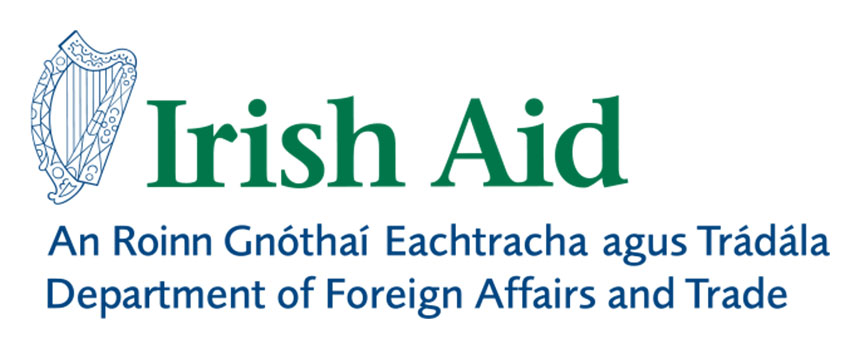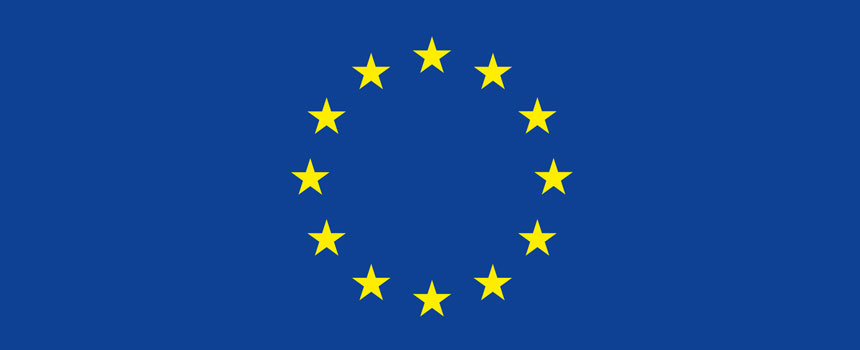The People Respond
“If you are neutral in situations of injustice, you have chosen the side of the oppressor.” – Desmond Tutu
Overview
In The People Respond we look at responses from social justice and grassroots movements around the world to the financial crisis. Some movements focus on specific problems such as housing, access to water, or opposing banking debts being made into public debts. Others have looked at longer-term problems such as a lack of democracy or the people’s participation within their states.
Learning Outcome
That participants will examine the role of civil society and society movements in responding to the crisis, the kinds of responses emerging to challenge the impact of the crisis, and long-term solutions proposed to avoid future crisis.
Table of Contents
- Resources
- 1. Paper: The Future We the People Need: Voices from New Social Movements in North Africa, Middle East, Europe & North America
- 2. Video: Spectacle of Defiance and Hope
- 3. Video: The Story of Change
- 4. Poem: And Yet We Must Live in These Times – Sarah Clancy
- 5. Documentary: #Thisisacoup
- 6. Article: Greece, When the Social Movements are all that is Left – Theodoros Karyotis
- 7. Survey: The Irish Water War, Austerity and the ‘Risen People’ – Rory Hearne
- 8. Article: Six Lessons from Spain’s Anti-Eviction Movement – The Provisional University
- 9. Thesis: Understanding Power and Transnational Civil Society – Jean Somers
- 10. Analysis: Ecuador Declares Foreign Debt Illegitimate
- 11. How Water is Transforming How Politics Happens in Our Communities’ – Patrick Bresnihan
- 11. Blog: How Have Social Movements Reacted to the Crisis? – Vicky Donnelly
- Discussion Questions
- Learning Journal
- Extra Resources
Resources
1. Paper: The Future We the People Need: Voices from New Social Movements in North Africa, Middle East, Europe & North America
Voices from New Social Movements in North Africa, Middle East, Europe & North America. As this is a very long document, feel free to select the articles that interest you most for discussion.
Read more
2. Video: Spectacle of Defiance and Hope
Footage from one of the liveliest and most colourful protests held against austerity policies in Ireland.
3. Video: The Story of Change
This inspirational video is a call to action to create the world we want, to bring about real change – because the ‘solutions are not for sale in the supermarket’.
4. Poem: And Yet We Must Live in These Times – Sarah Clancy
Irish poet Sarah Clancy reads ‘And yet we must live in these times’, a powerful commentary on the effects of austerity and neoliberalism at a Right2Water demonstration in Galway in 2015.
5. Documentary: #Thisisacoup
Made by Greek filmmaker Theopi Skarlatos and her team, and narrated by Paul Mason, this four-part documentary tells the inside story of Greece’s attempts to negotiate a way out of its debt and austerity trap in 2015. Contains strong language in places.
6. Article: Greece, When the Social Movements are all that is Left – Theodoros Karyotis
Greek sociologist Theodoros Karyotis writes about what the current political context in Greece means for social movements. He asks, “How can we break through the wall of apathy and resignation, connect with the desires and aspirations of the disenchanted population, cultivate collective spirit, social organization and creativity, desire for change and emancipation?”
7. Survey: The Irish Water War, Austerity and the ‘Risen People’ – Rory Hearne
Why the movement is effective (pp 16-20) from Rory Hearne’s analysis of participant opinions, social and political impacts and transformative potential of the Irish anti water-charges movement, looks at the factors of the water movement that made it successful.
8. Article: Six Lessons from Spain’s Anti-Eviction Movement – The Provisional University
This opinion piece of the Spanish Plataforma de Afectados por La Hipoteca, (also known as the PAH, or Mortgage Holders Platform) asks how a handful of people in a room in Barcelona grew to become Spain’s nation-wide anti-eviction movement, and what lessons we can draw from this movement.
9. Thesis: Understanding Power and Transnational Civil Society – Jean Somers
See extract pp 29 – 50 from Jean Somers’ PhD Thesis Transnationalism, Power and Change: Three Decades of Debt Campaigning.
10. Analysis: Ecuador Declares Foreign Debt Illegitimate
In November 2008, Ecuador became the first country to undertake an examination of the legitimacy and structure of its foreign debt. This article gives a background context, and explains how the audit came about.
11. How Water is Transforming How Politics Happens in Our Communities’ – Patrick Bresnihan
In this very short piece written for Cómhlámh’s Focus magazine, Patrick Bresnihan draws comparisons between water movements in Bolivia and Ireland, and the relationship between the water crisis and debt crisis in each country.
11. Blog: How Have Social Movements Reacted to the Crisis? – Vicky Donnelly
If you believe what you read in the papers, people in Ireland don’t protest at all… In reality, people of all ages are protesting all the time…
Read more
Discussion Questions
- What are the obstacles faced by social movements which have emerged to respond to social justice issues?
- How does the crisis make you reflect on the potential of social movements to bring about change?
- What lessons do you think activists for social change can draw from the Greek experience?
- What are the other critical movements taking place currently, and how do you think they are influenced by the economy?
- What other ways of organising might allows us to overcome there obstacles and weaknesses?
- What are the characteristics of social justice movements that are successful?
Learning Journal
- Is there a common cause of inequality or disruption at the root of most social movements?
- Can social movements bring about a fairer society? How?
Extra Resources
| Daniel Finn | Article: Ireland’s Water Wars | |
| Housing Action Now | Twitter: Housing and the City |


